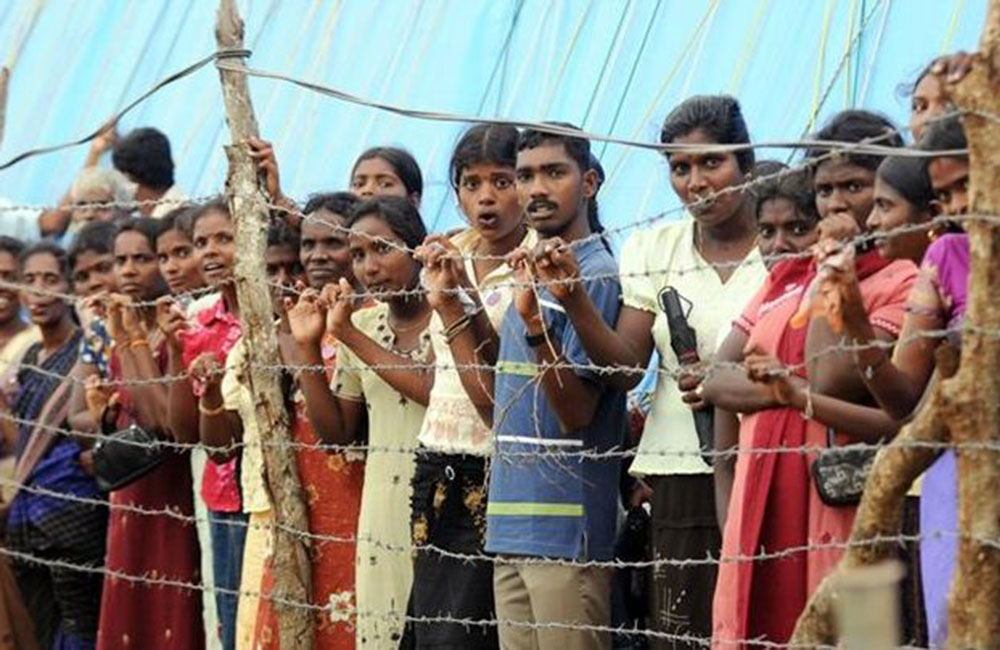U.S-based rights group, Human Rights Watch, in an 80 page report, underlined the ‘military occupation of civilian land in Sri Lanka’, saying that thousands of acres of land, taken over during the civil war, are still held by government forces owing to set up of security posts and buffer zones, Reuters reported.
The report, titled: “Why Can’t We Go Home?”: Military Occupation of Land in Sri Lanka, is based on over 100 interviews between August 2017 to May 2018 with members of affected communities, activists, local officials, and lawyers.
“Now, there is no war. It’s now peacetime. So, why can’t we go back home?” Francis Croos, a resident of Mullikulam village in Mannar district, told HRW.
The report stated that state agencies such as the wildlife department hold properties as well, which looks into cases of military occupation across six districts, primarily in the country’s north and east.
“All those displaced during Sri Lanka’s brutal civil war are entitled to return to their homes,” said Meenakshi Ganguly, South Asia director at HRW.
“Despite repeated pledges by the authorities, the military has been frustratingly slow to restore land to the rightful owners,” Ganguly said in a statement.
More than 10,000 people remain in camps, and many others are still “effectively displaced”, living with other communities or close to areas where they fled from, she said.
Many of those who fled during the war were Tamils, an ethnic and religious Hindu minority in the Buddhist-dominated country.
The government has said it has returned between 80 percent and 85 percent of the confiscated land to original owners.
But while authorities have taken steps to return the land to the original owners, the process has been hindered by a lack of transparency and claims about national security, Ganguly said.
President Maithripala Sirisena last week said he had ordered the release of all civilian lands held by the state in the northern and eastern provinces by December 31.
“But the government must also draw up a resettlement policy to ensure adequate reparations and infrastructure on the land, including shelters, access to water, healthcare, education and public transport,” said Ruki Fernando, a human rights activist.
“It is crucial to ensure that the lands are in fit condition for people to live in dignity,” said Fernando, an adviser to INFORM, a human rights documentation centre in Colombo.
“Merely relocating people or providing financial compensation is not enough,” he told Reuters.

Leave your comments
Login to post a comment
Post comment as a guest